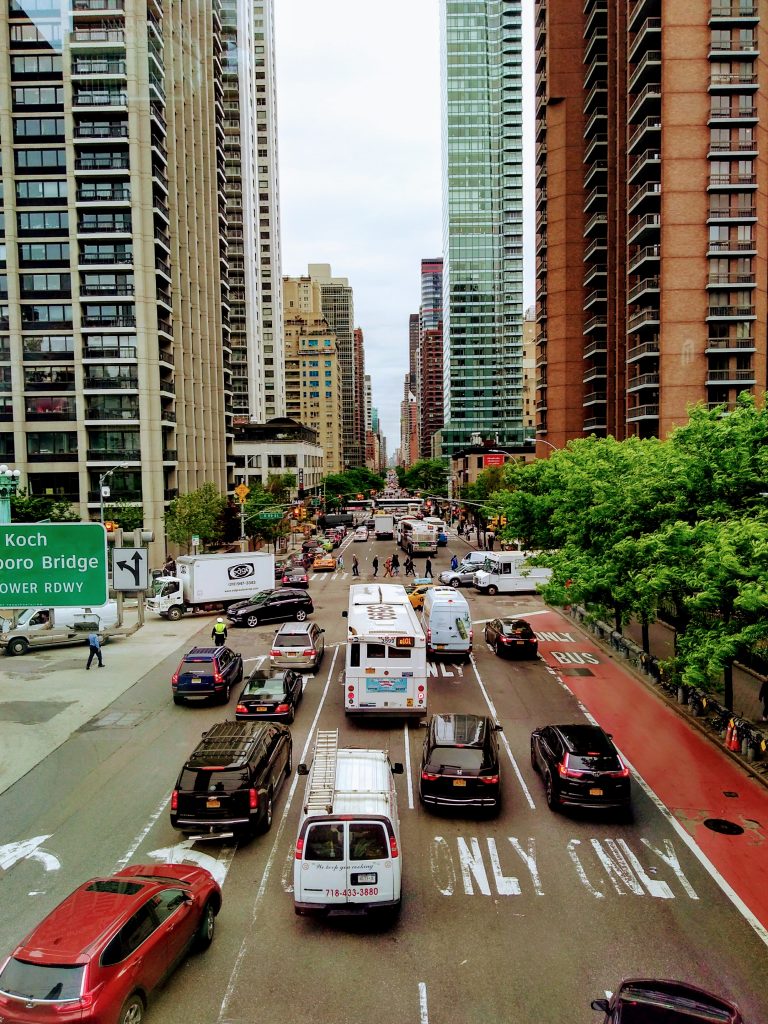I recently passed my driving theory test – woo! The required reading includes The Highway Code, which can be found here, and I found it so useful I now think everyone should read it, whether they are a motorist or not.
Knowing The Highway Code is obviously helpful for understanding the rules of the road, but if you look closely you can also spot bigger lessons… These are the ones that endeared me to this seminal manifesto of British public behaviour.
Always give way to the more vulnerable
There are essentially three classes of common road users: the pedestrian, the cyclist and the motor vehicle driver. The pedestrian, because they are not very dangerous to others, don’t have a lot of responsibilities in using the road, although they do have to look before crossing, not behave recklessly or stand in the middle of a dark road wearing black clothes, and so on. But they mainly just have to stay out of the way and take care of themselves. You go up a notch with the cyclist: more danger, more responsibility, and finally the motorist is the most dangerous and therefore has the most responsibility to behave safely.
The reverse of this is that the pedestrian also has the most rights: everyone has to stop and give way to a pedestrian if they are crossing the road – whether or not the light is green (Finns take note). Here are some passages from the Code:
Allow pedestrians plenty of time to cross and do not harass them by revving your engine or edging forward.
Give way to anyone still crossing after the signal for vehicles has changed to green. This advice applies to all crossings.
Drive carefully and slowly when turning at road junctions; give way to pedestrians who are already crossing the road into which you are turning.
Rise above other people’s bad behaviour
I’m a bit of a rule-follower, so I already know this tenet of the Highway philosophy will pose a challenge: you should always be prepared for other road users to do stupid stuff – and not react. It makes sense from a practical point of view, given that apparently most road accidents are the result of two parties making a mistake. It’s almost like the system has enough slack to absorb one person’s questionable driving, but not two.
While it may make practical sense to restrain yourself if you see someone else driving badly, I read into this rule a mindful sort of turn-the-other-cheek mentality, too. You know, zen. You are a serene, still bowl of water on the road.
Try to be understanding if other road users cause problems; they may be inexperienced or not know the area well.
Do not allow yourself to become agitated or involved if someone is behaving badly on the road. This will only make the situation worse. Pull over, calm down and, when you feel relaxed, continue your journey.
Slow down and hold back if a road user pulls out into your path at a junction. Allow them to get clear. Do not over-react by driving too close behind to intimidate them.
Be patient; remember that anyone can make a mistake.

Only toot your horn when you have to
This last one may be more helpful on the road than in life generally, but I admire the principle. Your horn and your lights are supposed to only be for alerting others to your presence, for example if someone is reversing towards you and you don’t think they have seen you. The horn is not to be used to express annoyance, participate in a traffic jam concert or if you see your mate across the road (even though that would be alerting them to your presence), and you shouldn’t flash your lights at people to signal that you’re letting them go first, or to thank them for the same.
In the case of the lights this is because there’s a danger that you might be letting someone pass, only for them to be hit by another car on the other lane, for example. But with the horn the underlying idea is to save everyone around you the disruption. I live on a street where people regularly mis-toot their horns and I don’t exactly treasure it. This rule is basically saying ‘don’t force everyone else to take part in your traffic issues’.
The horn. Use only while your vehicle is moving and you need to warn other road users of your presence.
I put it to you that The Highway Code is the cornerstone of basic decency.

Be First to Comment